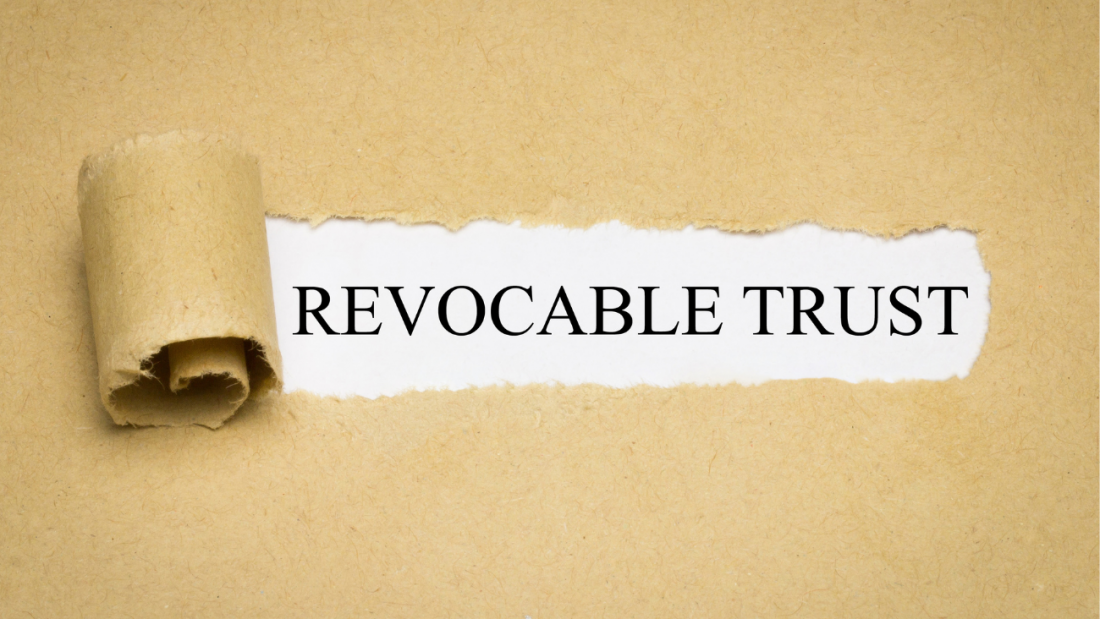In our increasingly globalized world, more people find themselves living abroad or holding dual citizenship. This international lifestyle brings unique challenges in estate planning, particularly when it comes to navigating the legal landscapes of multiple countries. For expatriates and dual citizens, understanding these complexities is crucial, and a knowledgeable North LA County estate planning lawyer can be an invaluable asset.
Understanding the Complexities of Dual Citizenship in Estate Planning
Dual citizens must navigate the differing inheritance and estate tax laws of two countries. These laws can vary significantly, affecting everything from how assets are distributed to tax liabilities. It’s essential to have a clear understanding of both jurisdictions’ laws to ensure your estate is managed as you intend upon your passing.
Estate Planning for Expatriates
Expatriates face their own set of challenges in estate planning. Managing assets across different countries can be complex, and legal pitfalls abound. Key considerations include understanding how your residency status affects your estate and the legal implications of owning property in multiple countries.
Tax Implications in Multiple Jurisdictions
One of the most daunting aspects of international estate planning is navigating the tax implications. Dual citizens and expatriates often face estate taxes, inheritance taxes, and the risk of double taxation. Familiarizing oneself with tax treaties between countries and using strategic planning tools can help mitigate these tax burdens.
Cross-Border Legal Issues
Cross-border legal issues can complicate estate planning for those with international ties. The recognition of wills and trusts can vary between countries, making it important to consider having separate wills for each jurisdiction or an international will. Understanding these legal nuances is key to ensuring that your estate plan is effective across different legal systems.
The Role of a North LA County Estate Planning Lawyer
Given the complexities involved, consulting with a North LA County estate planning lawyer who focuses on international estate planning is crucial. Their expertise can help you navigate the intricacies of multiple jurisdictions, ensuring that your estate plan is comprehensive, legally sound, and aligned with your wishes.
Getting Help
Estate planning for expatriates and dual citizens presents unique challenges that require careful consideration and specialized knowledge. It’s not just about planning for the future; it’s about understanding and effectively managing the interplay between different legal and tax systems.
Our North LA County estate planning lawyers have the experience to guide you through the complexities of international estate planning. Contact us to ensure that your estate plan is robust, compliant, and tailored to your global lifestyle.










